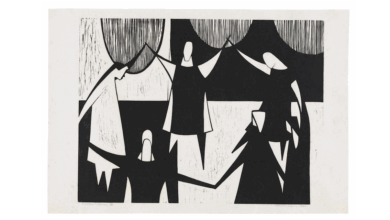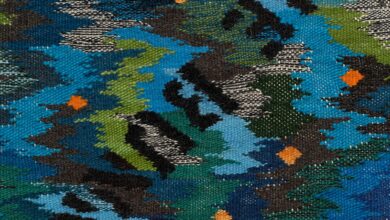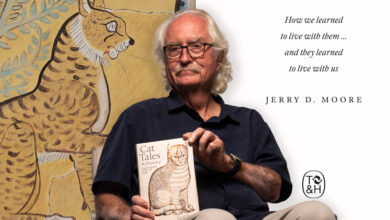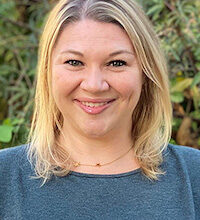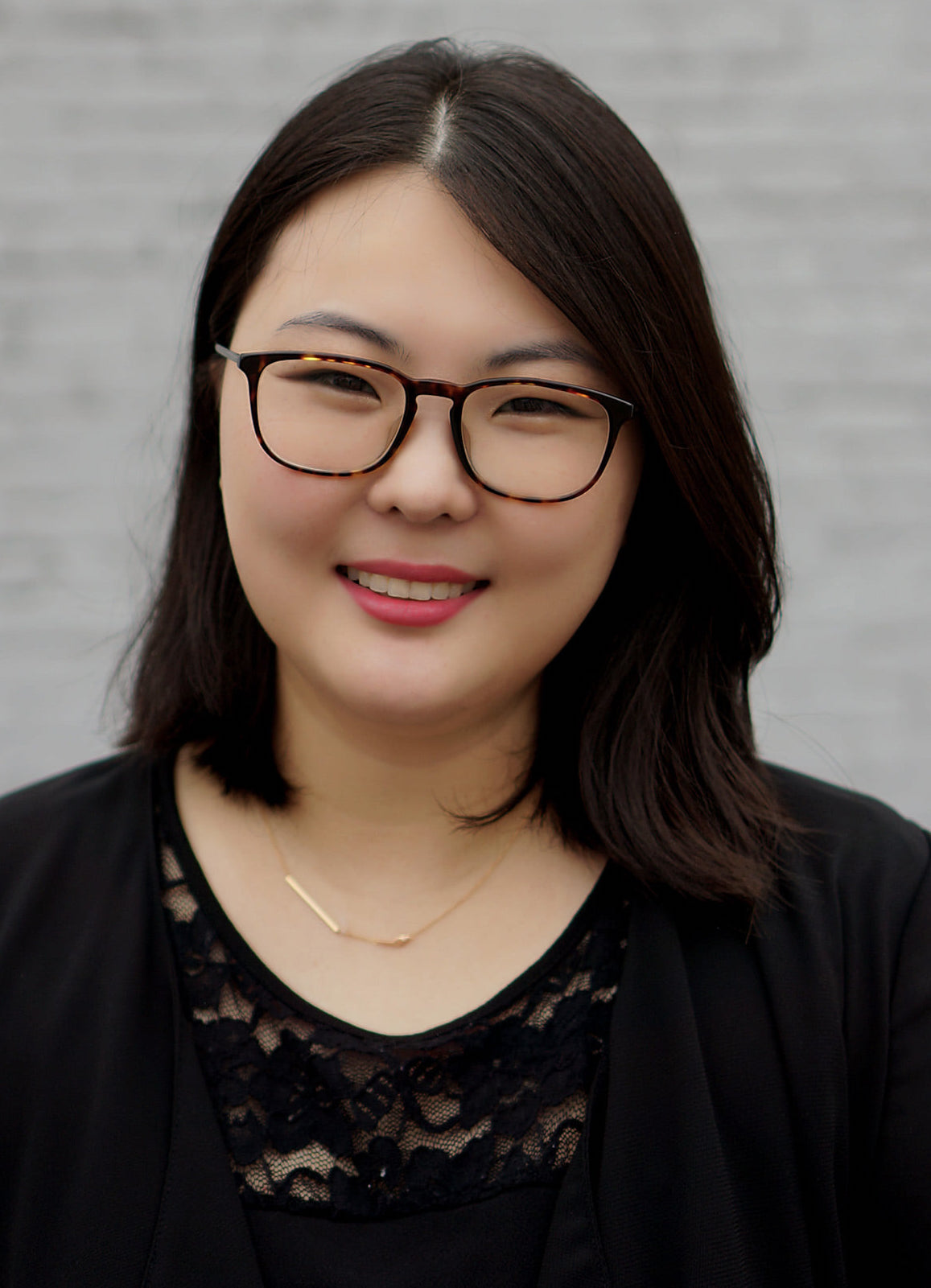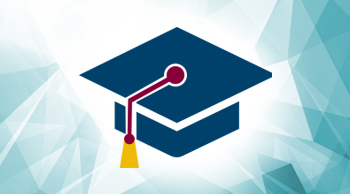Our faculty members participate in conferences around the world, conduct groundbreaking research, and publish books and journal papers that contribute to their field and highlight their expertise. We feature those accomplishments and more in this section. To share faculty news, email ucpa@csudh.edu.
College Arts and Humanities
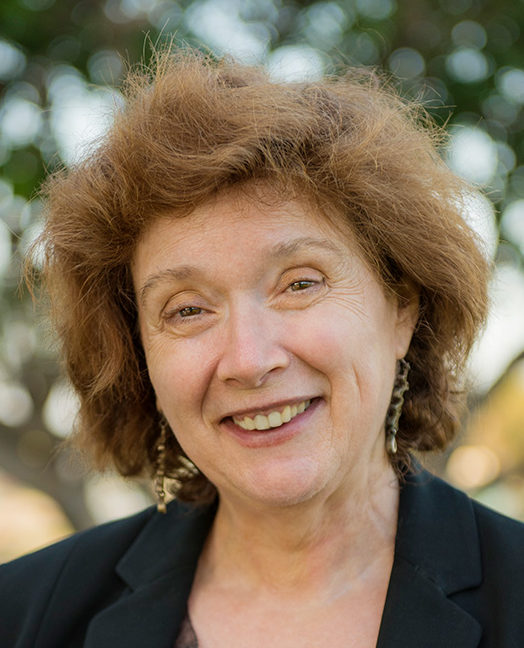 Nancy Erbe, professor of Negotiation, Conflict Resolution and Peacebuilding (NCRP), co-edited the book “Preventing and Reducing Violence in Schools and Society,” a collection of innovative research on the evolution and implementation of nonviolence concepts within social settings in order to prevent oppression and violence among global communities. The book explores the effective diffusion of violence through masterful negotiation and mediation skills, as well as mentoring, counseling, and related processes. The book includes CSUDH Alumni Luca Dal Pubel, who wrote “Resolving Conflicts and Preventing Violence in Italian Schools,” and Giuseppina Wright, who contributed “How to Create a Sustainable Nonviolence Curriculum in Public Schools in Sweden: A Case Study.” Anthony Normore, CSUDH professor emeritus of School Leadership in Graduate Education, and Brian Jarrett, professor and NCRP department chair wrote “Restorative Approaches to Honoring Human Dignity and Transforming Urban Schools.”
Nancy Erbe, professor of Negotiation, Conflict Resolution and Peacebuilding (NCRP), co-edited the book “Preventing and Reducing Violence in Schools and Society,” a collection of innovative research on the evolution and implementation of nonviolence concepts within social settings in order to prevent oppression and violence among global communities. The book explores the effective diffusion of violence through masterful negotiation and mediation skills, as well as mentoring, counseling, and related processes. The book includes CSUDH Alumni Luca Dal Pubel, who wrote “Resolving Conflicts and Preventing Violence in Italian Schools,” and Giuseppina Wright, who contributed “How to Create a Sustainable Nonviolence Curriculum in Public Schools in Sweden: A Case Study.” Anthony Normore, CSUDH professor emeritus of School Leadership in Graduate Education, and Brian Jarrett, professor and NCRP department chair wrote “Restorative Approaches to Honoring Human Dignity and Transforming Urban Schools.”
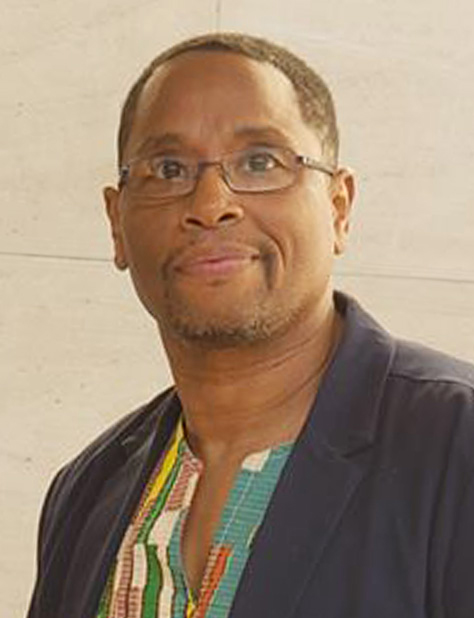 Salim Faraji, professor of Africana Studies, has joined a team of scholars to establish the William Leo Hansberry Society, which is dedicated to making the study of the Nile Valley and Northeast African cultures more inclusive to scholars of African descent.
Salim Faraji, professor of Africana Studies, has joined a team of scholars to establish the William Leo Hansberry Society, which is dedicated to making the study of the Nile Valley and Northeast African cultures more inclusive to scholars of African descent.
 Donna J. Nicol, associate professor and chair of Africana Studies, recently published the article, “Activism for Profit: America’s ‘Anti-Affirmative Action Industry” for Al Jazeera Digital. The article explores how heavily funded non-profits work to unveil “problems” with policies that increase diversity obstruct equal opportunities and racial equity in the United States.
Donna J. Nicol, associate professor and chair of Africana Studies, recently published the article, “Activism for Profit: America’s ‘Anti-Affirmative Action Industry” for Al Jazeera Digital. The article explores how heavily funded non-profits work to unveil “problems” with policies that increase diversity obstruct equal opportunities and racial equity in the United States.
 Brad Hollister, assistant professor of computer science, has published the book “Core Blender Development: Understanding the Essential Source Code.” Blender is an open-source 3D modeling and rendering software package used in the production of assets for animated projects, 3D printing, games, and even scientific visualization. Hollister’s book enables readers to learn the essential source code of Blender and its unique build system by providing the inner workings of the Blender C-based source code.
Brad Hollister, assistant professor of computer science, has published the book “Core Blender Development: Understanding the Essential Source Code.” Blender is an open-source 3D modeling and rendering software package used in the production of assets for animated projects, 3D printing, games, and even scientific visualization. Hollister’s book enables readers to learn the essential source code of Blender and its unique build system by providing the inner workings of the Blender C-based source code.
University Library
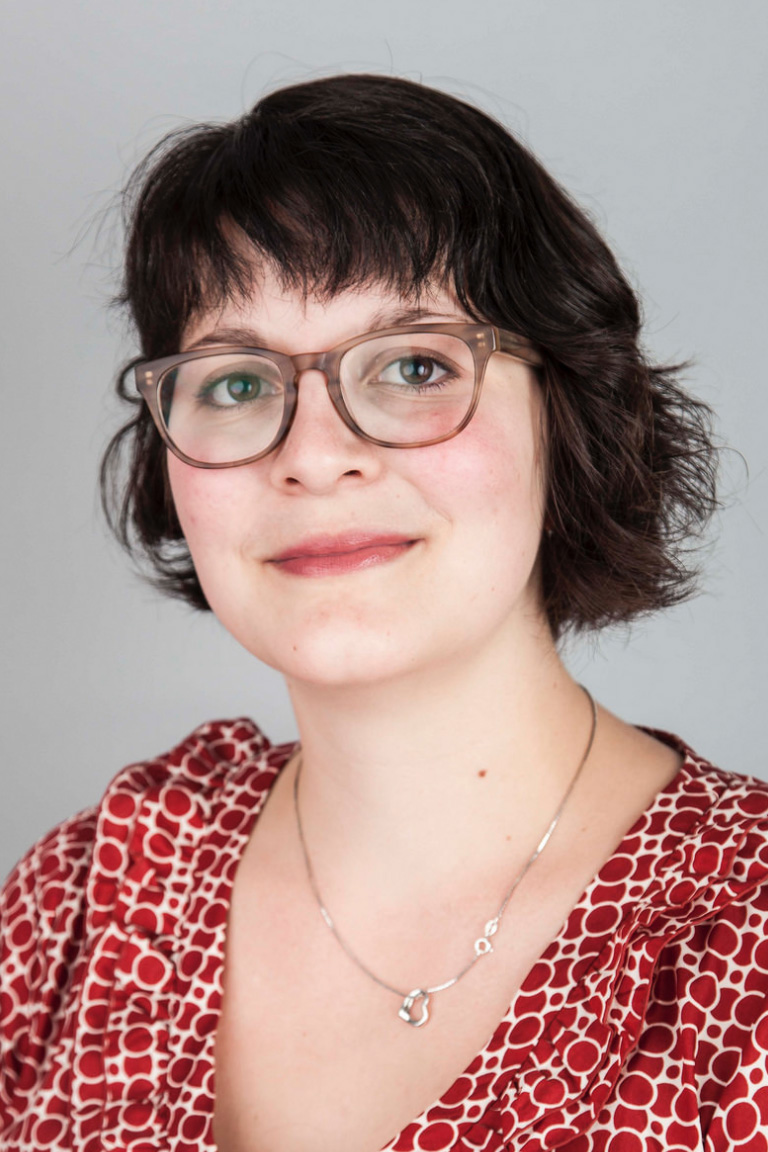 Carolyn Caffrey Gardner, information literacy coordinator/associate librarian, was recently a guest on the Librarian’s Guide to Teaching podcast. She discussed how librarians can incorporate algorithmic literacy education into library instruction. The interview also covered Gardner’s 2019 article, “Teaching Algorithmic Bias in a Credit-Bearing Course.”
Carolyn Caffrey Gardner, information literacy coordinator/associate librarian, was recently a guest on the Librarian’s Guide to Teaching podcast. She discussed how librarians can incorporate algorithmic literacy education into library instruction. The interview also covered Gardner’s 2019 article, “Teaching Algorithmic Bias in a Credit-Bearing Course.”
Recent quotes and/or interviews in the media from faculty
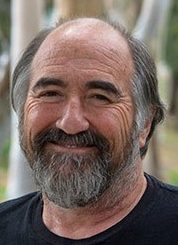 “Group emails, while helpful for team collaboration, are an increasingly problematic workplace distraction. After the second or third ‘reply all’–when most messages could be directed to just one or two people, rather than everyone–these chains to start to feel oppressive, adding extraneous content to our already overflowing inboxes.” –Larry Rosen, professor emeritus of psychology, was quoted in the eatthis.com article “One Major side Effect of Staring at Your Phone Too Much, Says New Study.”
“Group emails, while helpful for team collaboration, are an increasingly problematic workplace distraction. After the second or third ‘reply all’–when most messages could be directed to just one or two people, rather than everyone–these chains to start to feel oppressive, adding extraneous content to our already overflowing inboxes.” –Larry Rosen, professor emeritus of psychology, was quoted in the eatthis.com article “One Major side Effect of Staring at Your Phone Too Much, Says New Study.”
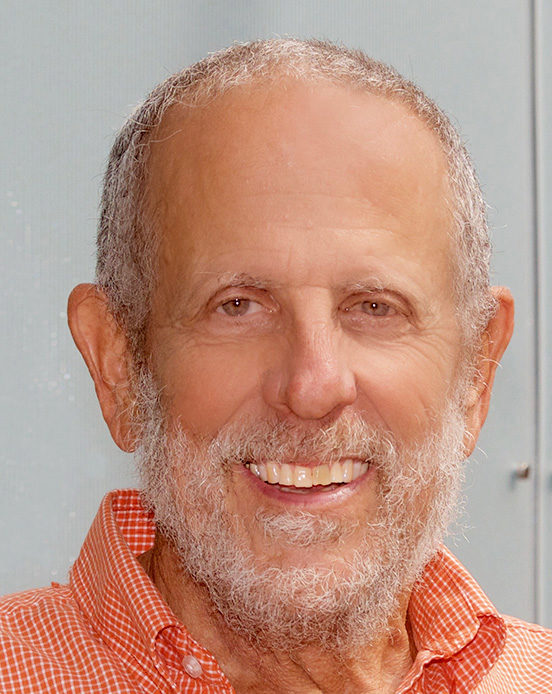 “Collision avoidance appears to me to be the largest (non-business) mega-constellation hurdle. Minimizing collisions would require international information sharing and collaboration amongst each civilian and army satellite TV for PC operators, and I don’t see a path to that cooperation.” –Larry Press, professor of information systems. He was interviewed for the Pirate Press article “Critics take aim at Starlink and Kuiper broadband satellites.”
“Collision avoidance appears to me to be the largest (non-business) mega-constellation hurdle. Minimizing collisions would require international information sharing and collaboration amongst each civilian and army satellite TV for PC operators, and I don’t see a path to that cooperation.” –Larry Press, professor of information systems. He was interviewed for the Pirate Press article “Critics take aim at Starlink and Kuiper broadband satellites.”

Sanol Singhal, assistant professor of Biology, was featured in a Knowable Magazine Q&A titled “The weird biology of asexual lizards.” The interview explores all-female species to see what they might reveal about the pros and cons of sex.



